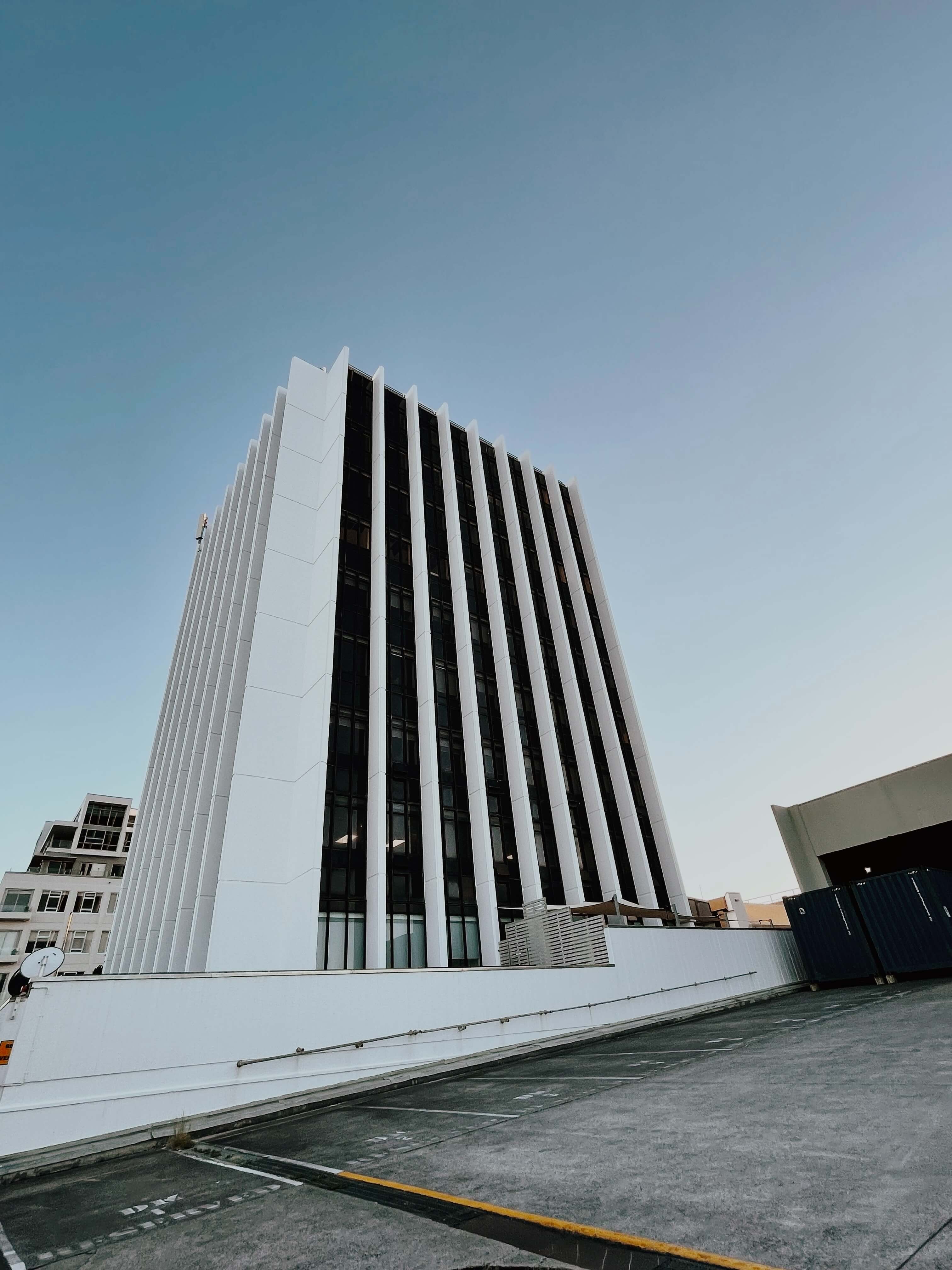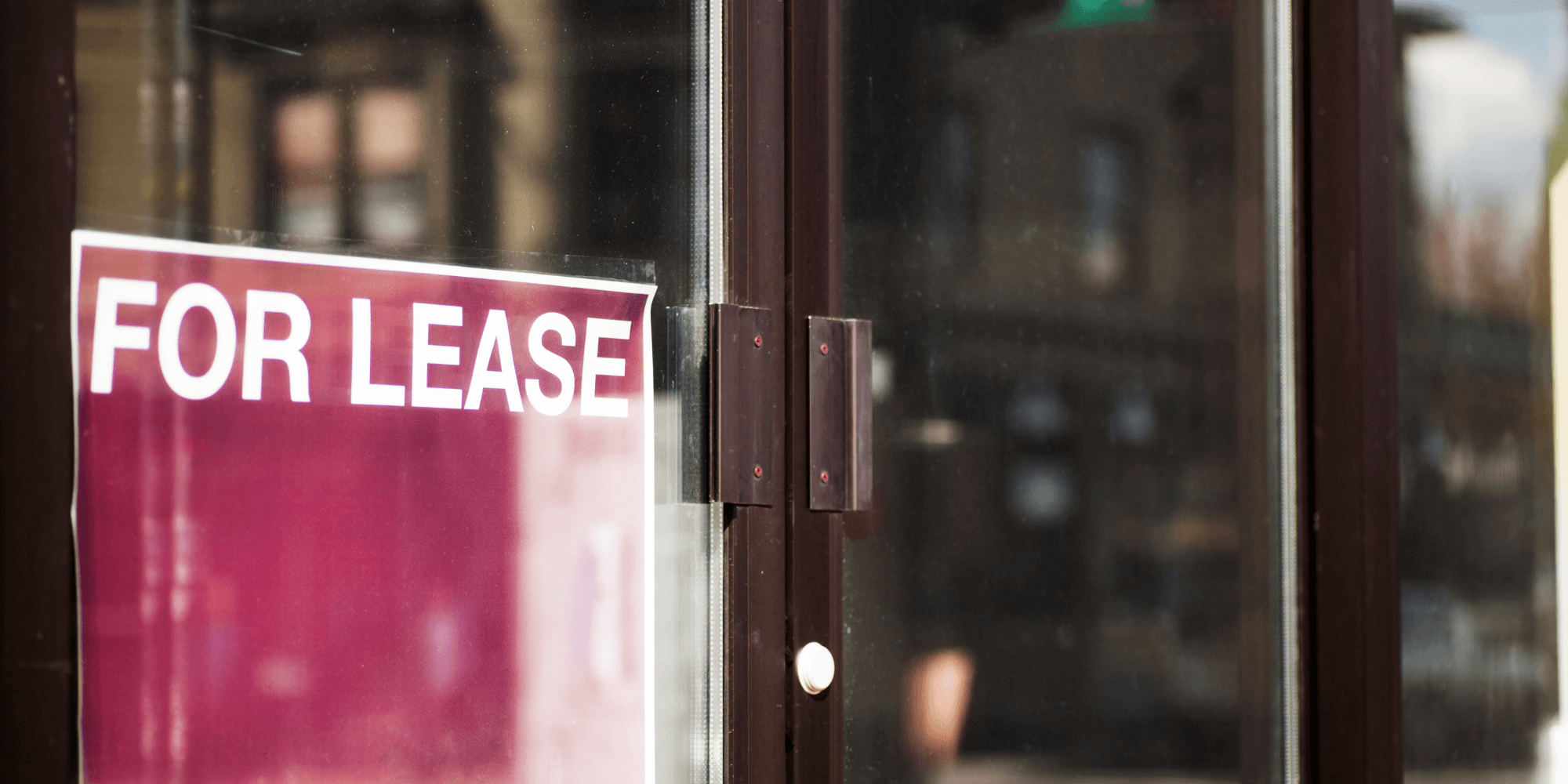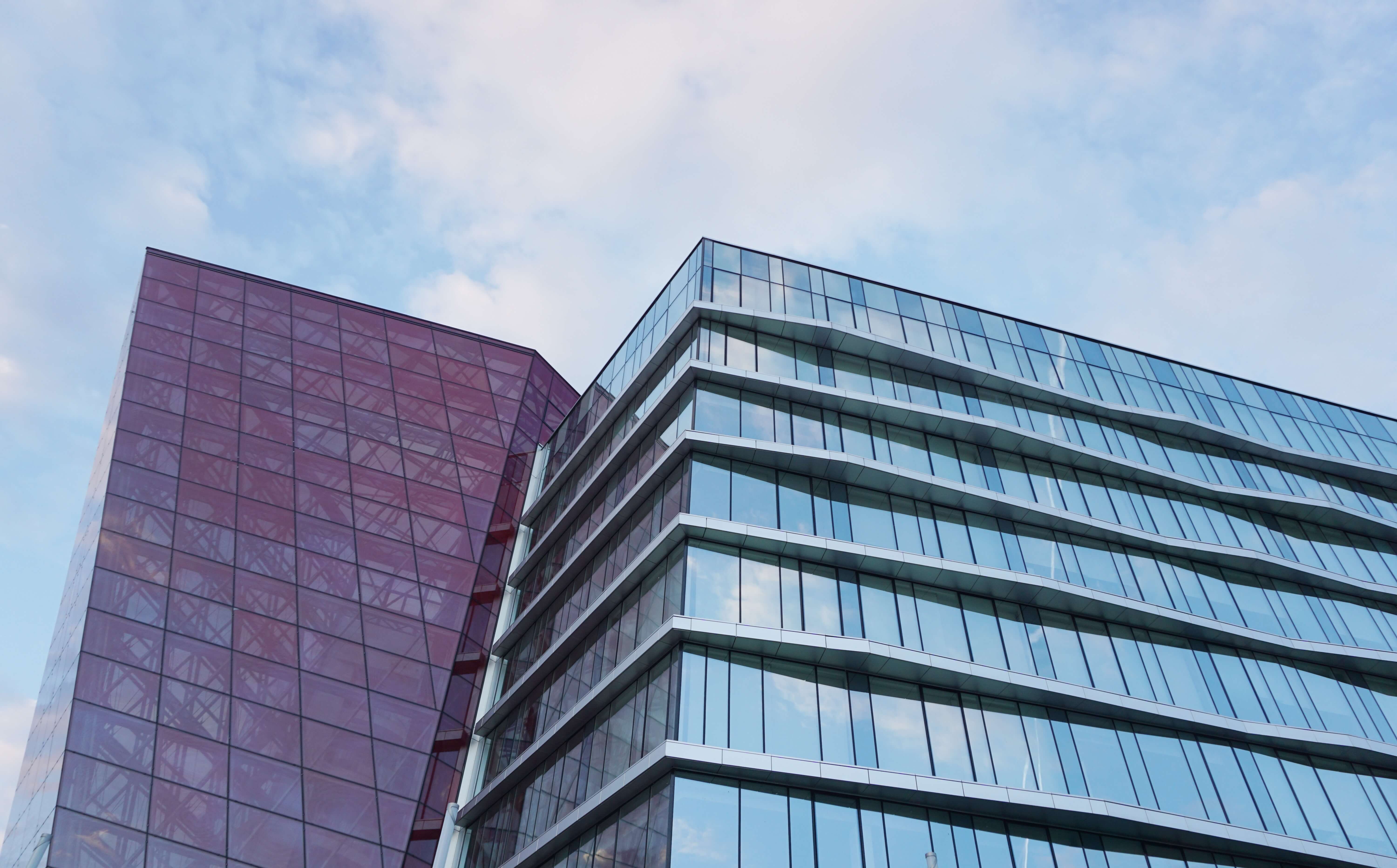What to know when building a commercial building
Are you looking to build a new commercial space? Whether you’re an investor or wanting to build and occupy, there are a number of factors to consider.
While it comes with several key benefits, building a purpose-built commercial space, for your business or to lease, is a daunting process. As local real estate experts we’ve helped dozens of businesses, and investors, find the perfect location for their next commercial building. One size does not fit all so we are sharing our expertise to guide you through the array of considerations and decisions you’ll need to factor into your project.
In this article, we outline everything you should be aware of when designing and building your commercial building so you can be prepared for the process ahead, and the implications your decisions could have in the long term.
Key steps for commercial construction
A key advantage of building your commercial space is that it can be tailored to your needs. For an owner-occupier, this could be tailoring the layout and floor plan to your business processes. An investor will have different considerations, with a wide appeal to a variety of prospective tenants at the forefront of their design process.
To help you achieve the best results, we’ve outlined each stage below:
1. Business planning
First of all, you need to set high-level goals for the building and how they will support your plan. This means getting clear about the following:- When you need the premises to be ready.
- What problems the building will solve.
- The benefits you hope to achieve with the new space.
- What your long-term goals are.
Before reaching out to any contractors, book some time with your management team, key stakeholders, and employees (if necessary) to determine what the requirements for the premises should be.
2. Budgeting and financing
The next step is to determine what you can afford and how you intend to finance the construction process of your building. Consult with various industrial construction companies and builders to find the most competitive quotes and configurations for your needs. Then take a look at your budget. Speak with your bank about financing options and even investment partners should that option be of interest. It’s essential that you speak with a financial specialist for this type of purchase.
The expenses of commercial construction include, but are not limited to:
- Acquiring land
- Site development
- Design and architect consultations
- Permits, consents, and development levies
- Building materials
- Labour and specialist contractors
- Internal fit-out and finishes
You must account for all of the above steps and then, if needed, organise financing or investors. The cost per square metre of an industrial building will differ depending on the construction materials, building method, and finishing touches. Since no two builds are ever the same, you will need proposals from a variety of sources to understand costs and limitations.
As a general guide, a basic warehouse with no customisations can start from roughly $650 per square metre. On the other end of the spectrum, a large-scale, highly-specialised building could be $3,000 per square metre. However, these prices are only indications, so it is worth getting preliminary building concepts done to obtain a more accurate cost projection of your project. There may be areas where you can compromise on cost and others where you need to spend more to get the most out of your new investment.
3. Designing and planning
Once you know your budget, you can begin consulting contractors, architects, and engineers. They will produce a full set of technical drawings and a construction timeline using your specifications. This is also the point where several assessments are completed, including fire safety, Geotech reports, and structural engineering statements.
There are two main approaches you can take to building a commercial building; a turnkey or a tender approach. A commercial building specialist, XL Structural Steel, has a helpful ‘Turnkey vs Tender’ quiz to help you find the best solution for your project needs.
To ensure this step runs smoothly and the project sticks to the budget, you need to have a clear idea of what your requirements are. This includes short and long-term needs as well as the resale value of the building.
You must consider:
- Does the design allow for business growth?
- Is the structure built to last?
- Will you need to include a designated office space?
- Is the building adaptable for future tenants?
- Is the building accessible and ergonomic?
- Does the building layout support productivity and employee well-being?
Remember to refer back to the planning you did during the initial step of the process. Your staff, stakeholders, and investors will have valuable input into these design decisions.
4. Permits and consent
When the building plans are locked in and compliant with the building code, they need to be submitted to your local council along with specifications and engineer documentation. It is best practice for your architectural designer to submit this on your behalf and be the first point of contact for all council communication. This means that all Requests for Further Information (RFI’s) are handled for you by industry experts and you can focus on running your business.
5. Construction
Once the plans are signed off and you have building consent, your contractors can get to work. This will start with earthworks and preparation such as clearing vegetation, levelling the site, laying drains, arranging service connections, and setting up a temporary site office and storage space.Depending on your contractors and chosen building method, the construction stage will include some or all of the following steps:
- Foundations
- Engineered framework
- Exterior cladding for the roof and walls
- Interior linings and finishes
- Installation of specialist tools and equipment
- Internal fit-outs for office spaces
- Landscaping and parking areas
The contractors you choose will have a big impact on this step, as well as on the final result. For example, kitset pole sheds and structural steel will suit different businesses so make sure you are clear about your needs before signing on.
Industrial building sites in Taranaki
Famous for its thriving energy and farming industries, Taranaki is a renowned commercial hub of New Zealand. Other industries are also growing in the region, meaning there are plenty of opportunities to expand your business.All around the Taranaki region, there are plenty of industrial sections to build on, depending on what you are looking for. Start with the following considerations:
- Do you need a site close to town centres and suppliers?
- Does the location need to be convenient for deliveries?
- Will the site allow for future expansion?
For all the available sites around the region, see our latest commercial listings.
South Taranaki Business Park
The latest industrial development in Taranaki is the South Taranaki Business Park on the outskirts of Hāwera. The $30 million development was designed by developers and the South Taranaki District Council to support local industries and attract more economic development to the region.
If you require a purpose-built commercial space in a convenient location, the South Taranaki Business Park is the perfect opportunity. Not only is it a thriving business hub, but it also gives you the flexibility to set things up exactly how you need them.
With local manufacturer UNO Windows & Doors already moved into their state-of-the-art factory, and several other companies with buildings underway, the business park is in high demand. To secure your ideal site – act now.
For more information about the commercial sites, buildings, and facilities, contact the McDonald Real Estate team today.







